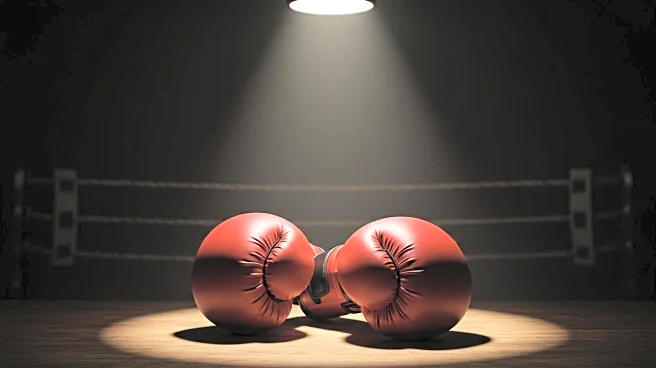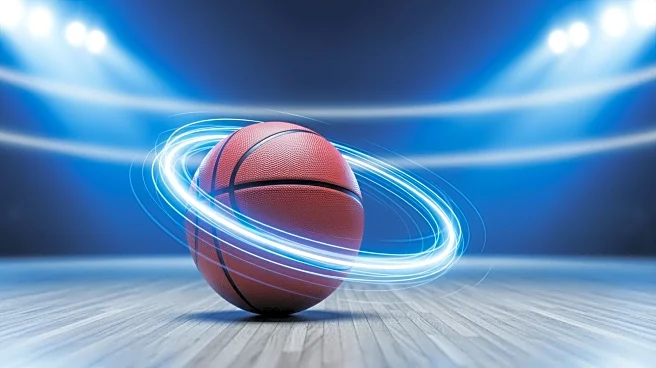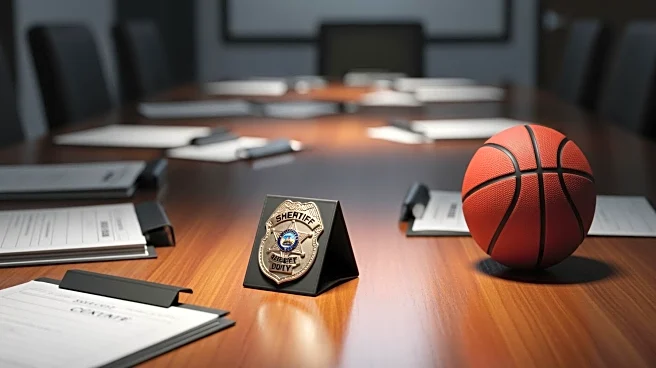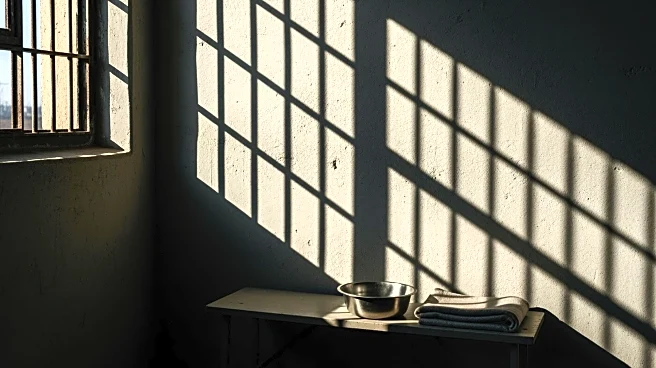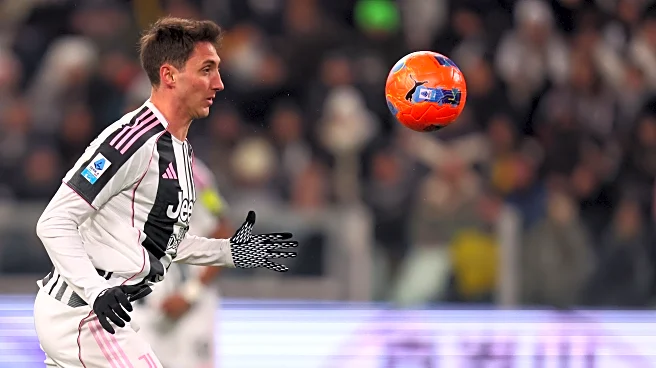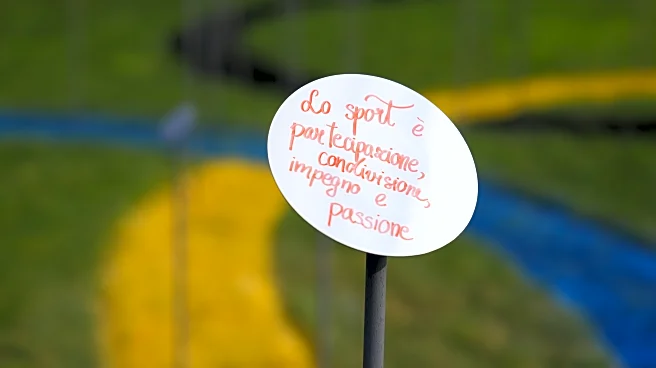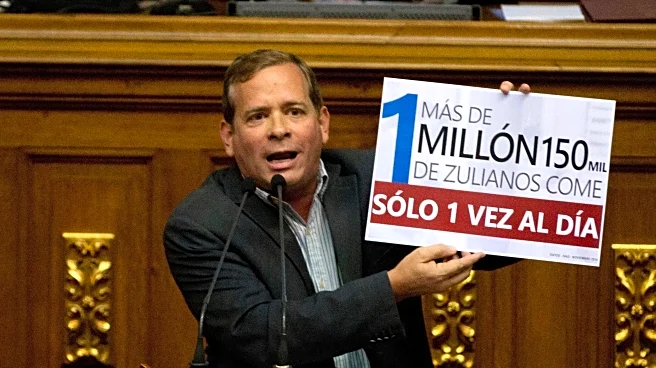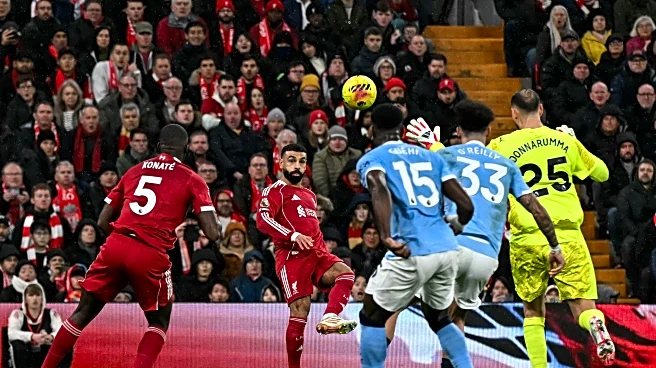What is the story about?
What's Happening?
Julio César Chávez Jr., a Mexican boxer, is set to stand trial in Mexico for alleged ties to the Sinaloa Cartel and arms trafficking. Chávez, who had been living in the United States, was arrested in July for overstaying his visa and providing false information on a green card application. His arrest followed a boxing match with Jake Paul in Los Angeles. Mexican prosecutors have been investigating Chávez since 2019, following a complaint from U.S. authorities regarding organized crime activities linked to the Sinaloa Cartel. Chávez's lawyer described the allegations as speculative and urban legends. If convicted, Chávez could face a prison sentence of four to eight years.
Why It's Important?
The trial of Julio César Chávez Jr. highlights ongoing efforts by the Mexican government to address organized crime and cartel activities. This case is significant as it involves a high-profile figure in the sports world, potentially impacting the perception of athletes involved in criminal activities. The trial also underscores the collaboration between U.S. and Mexican authorities in tackling cross-border crime. The outcome could influence public policy regarding deportation and visa regulations, especially for individuals with alleged criminal ties. Additionally, it may affect the boxing industry, as Chávez's legal troubles could deter sponsorships and fight opportunities.
What's Next?
Chávez's trial will proceed with further investigations over the next three months. The Mexican court has allowed him to await trial outside of detention. The case may lead to increased scrutiny of other individuals linked to the Sinaloa Cartel, including Ovidio Guzmán López, son of Joaquín 'El Chapo' Guzmán. The Mexican government, under pressure from the Trump administration, may intensify efforts to crack down on organized crime, potentially leading to more deportations and visa cancellations for individuals with alleged criminal connections.
Beyond the Headlines
Chávez's legal issues reflect broader challenges in addressing drug addiction and criminal behavior among athletes. His history of substance abuse and previous arrests highlight the need for support systems to help athletes manage personal struggles. The case also raises ethical questions about the responsibilities of sports figures as role models and the impact of their actions on public perception.
